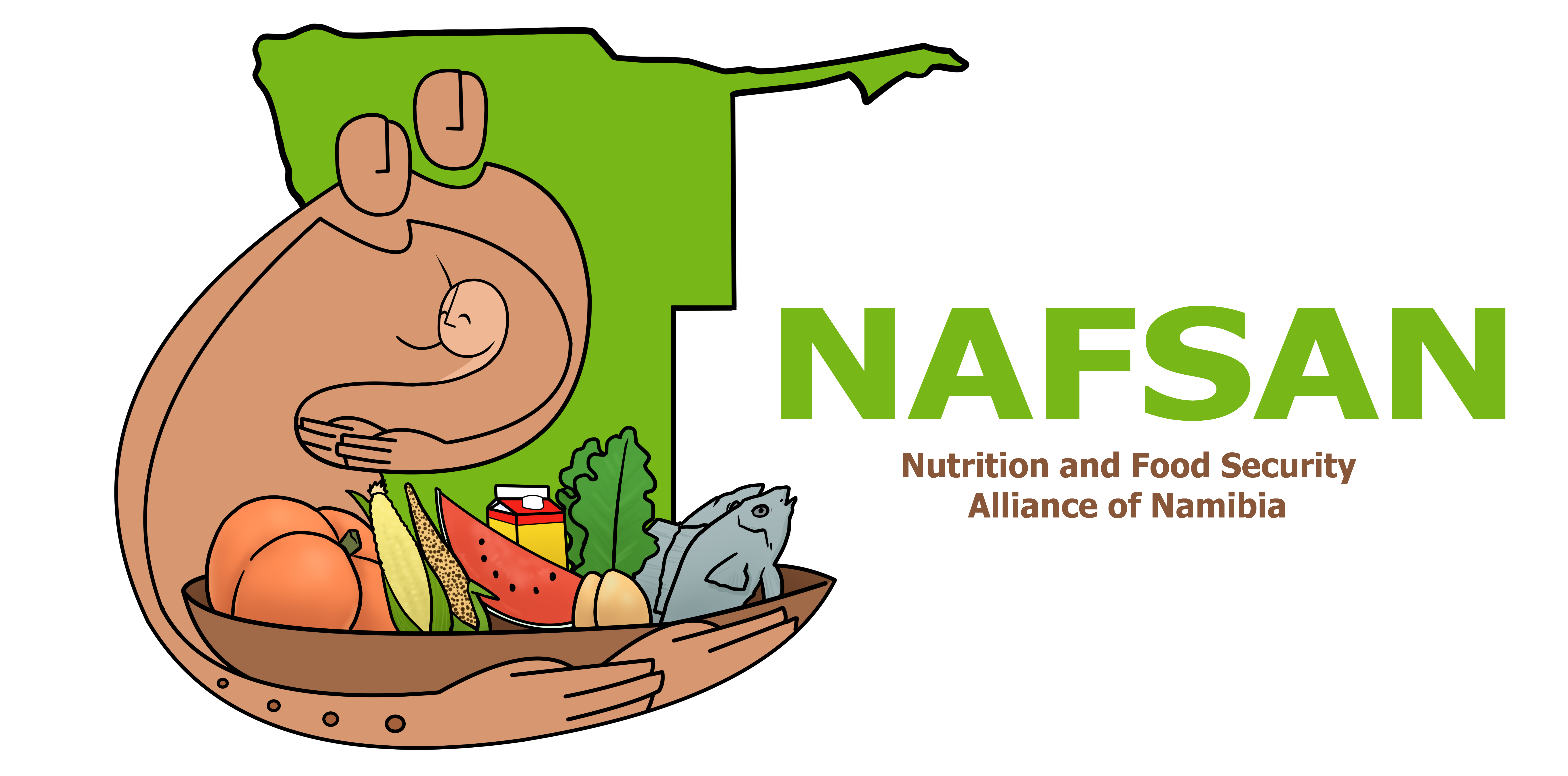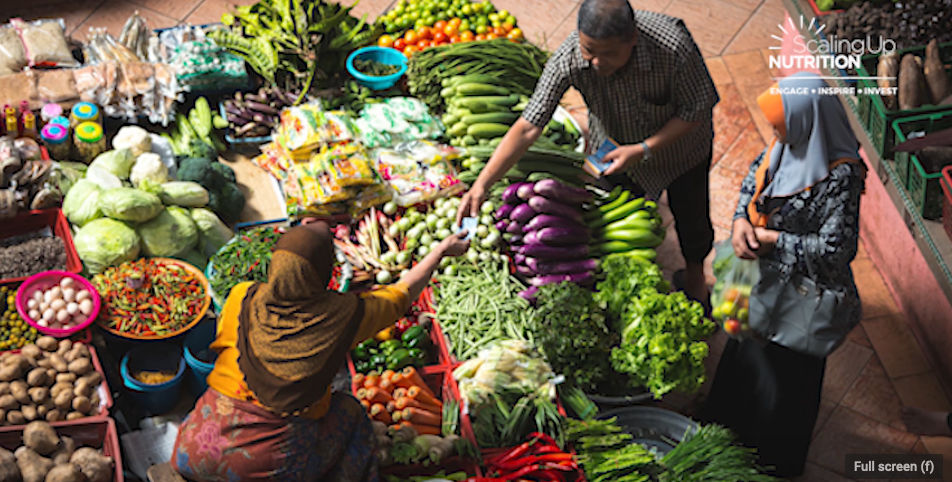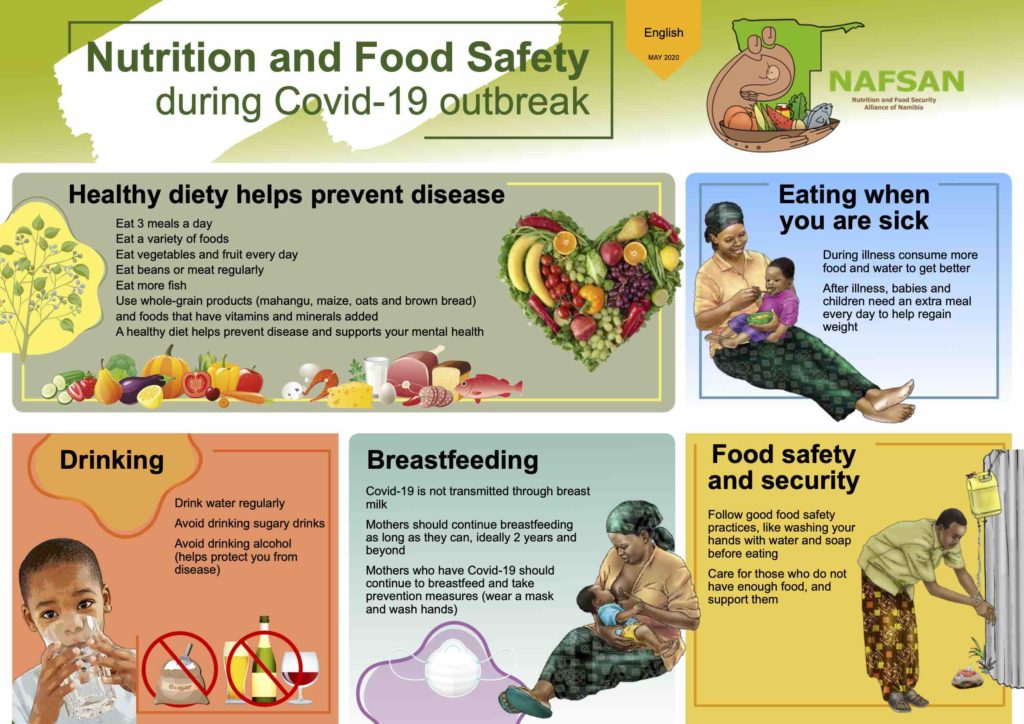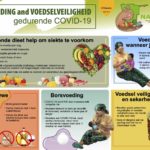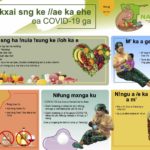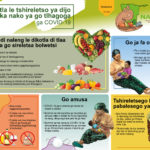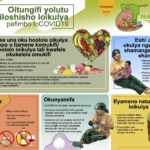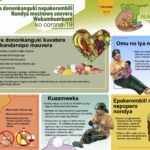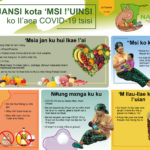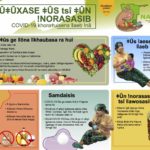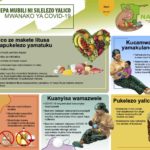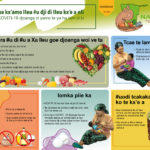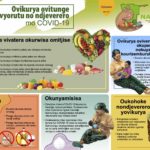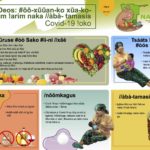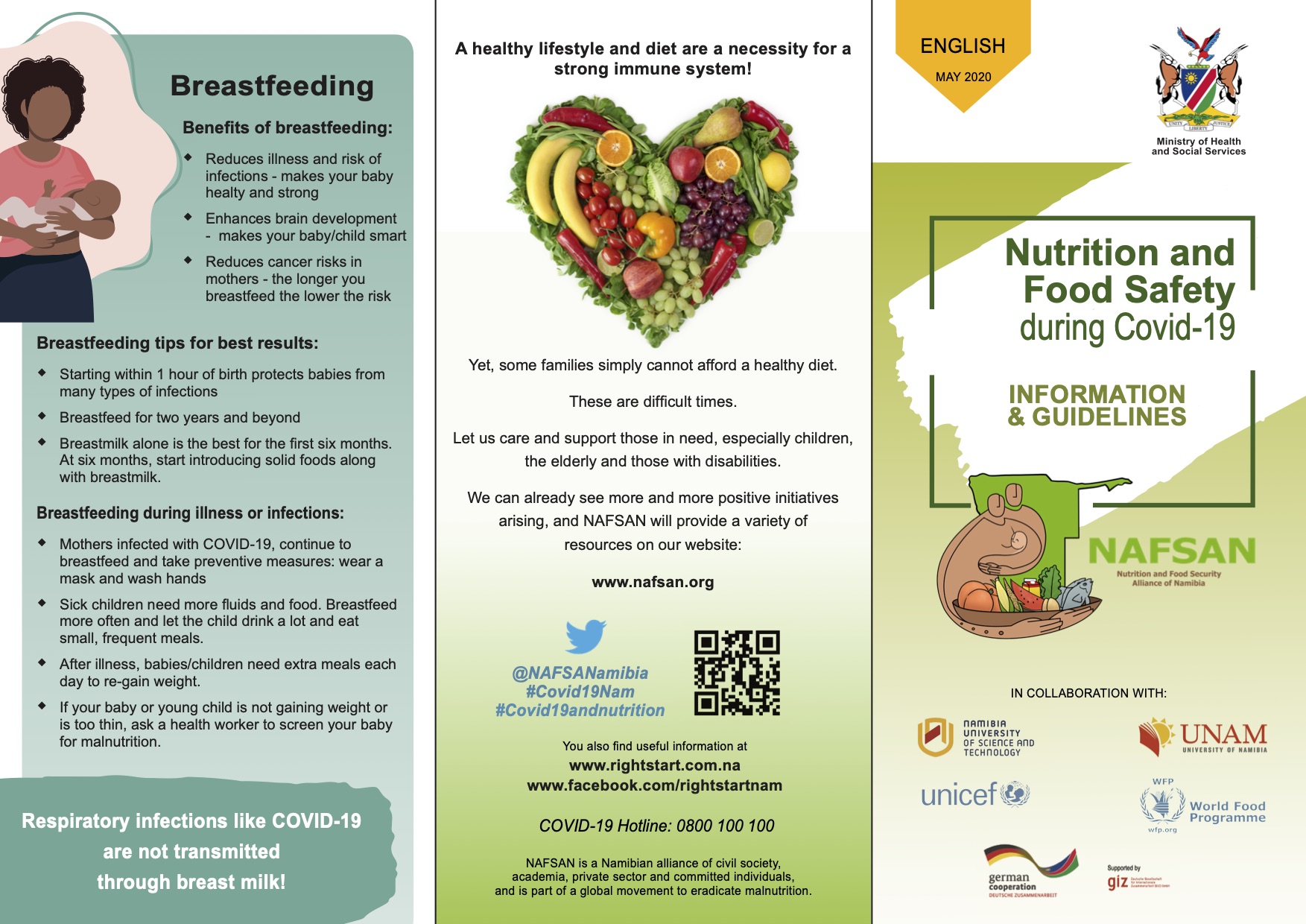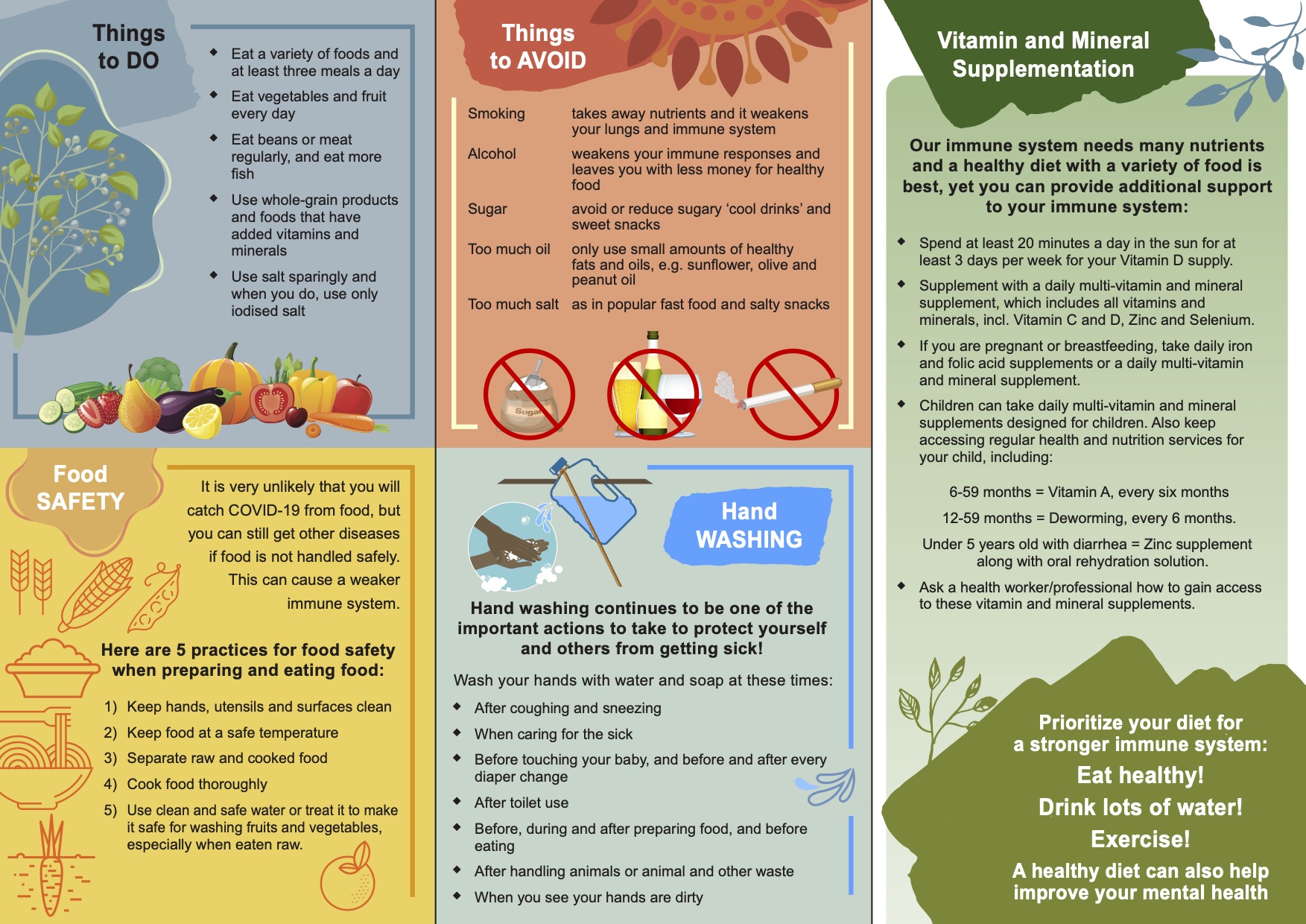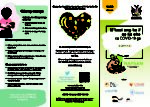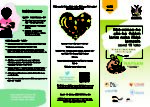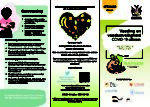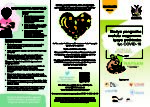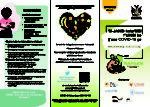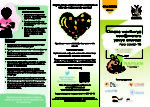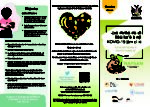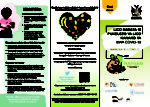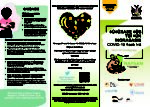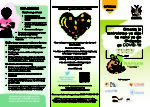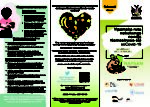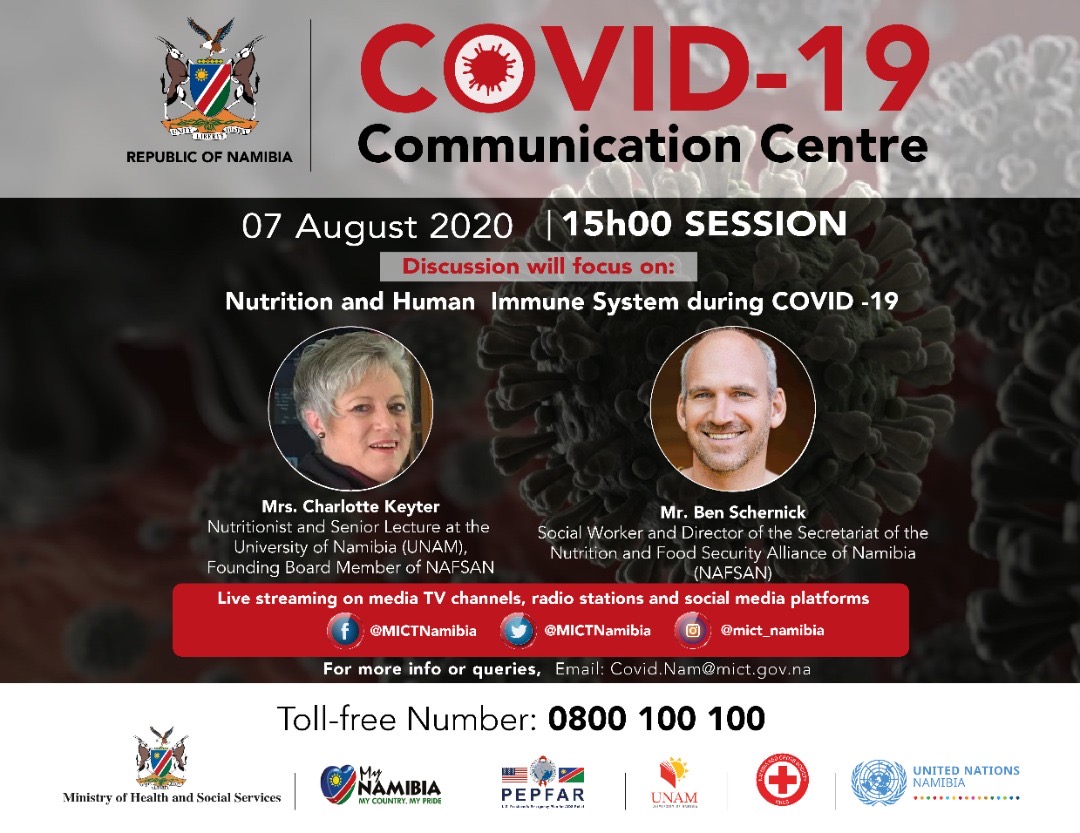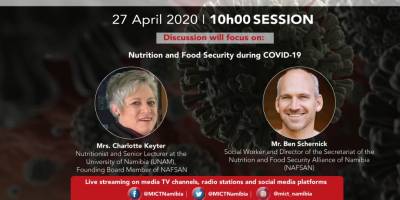Why and how to include nutrition in our response to COVID-19
by Dr. David Nabarro – WHO Special Envoy for COVID-19 and SUN Lead Group Member
Nutrition, Food Safety & Food Security
Prevention, Mitigation and Recovery with regard to COVID-19 in Namibia
Good Nutrition greatly contributes to a healthy and strong immune systems, while daily Food Safety practices play a major role in preventing infections. Both helps in mitigating the effects of illnesses related to COVID-19.
It is also important to continue good nutrition practices, such as breastfeeding during these times. In addition, we must ensure Food Security for everyone throughout this currently very challenging situation and learn valuable lessons from it for a sustainable future.
POSTERS: Key Messages on 'NUTRITION and FOOD SAFETY during COVID-19'
Together with our partners, we developed key messages and guidelines with regard to Nutrition and Food Safety to complement Namibia’s national response to the COVID-19 situation. – -> Updated Version (2024)
Key messages POSTER:
Nutrition and Food Safety during COVID-19.
Click here for a high resolution version for printing.
BROCHURE: Nutrition and Food Safety during COVID-19.
Click here for a high resolution version for printing.
BROCHURE: 'Nutrition and Food Safety during COVID-19' in eleven LOCAL LANGUAGES:
COVID-19: Funding Opportunities
Click here for more Information
COVID-19 Funding for Africa, Overview on Google Docs
Funding and Design Support for COVID-19 Projects, by Co-Creation Hub
Addressing Urban Inequalities and Climate Change, by Price for Cities
NAFSAN on “Nutrition and Human Immune System during COVID-19"
Friday, 7 August, 15h at Namibia’s COVID-19 Communication Centre
Watch the Panel Discussion -> click here
NAFSAN on “Nutrition during COVID-19"
Monday, 27 April at Namibia’s COVID-19 Communication Centre, covered by Namibian Broadcasting Corporation (NBC)
Watch the Panel Discussion -> click here
COVID-19 & Nutrition: News and Inspiring Articles
“The solution to food insecurity is food sovereignty" – Al Jazeera, 25 April 2020
“As a global food crisis looms, local leaders offer solutions" – The Humanitarian, 24 April 2020
“Why informal networks will be key for the COVID-19 recovery" – World Economic Forum, 14 April 2020
“Food Environments in the COVID-19 Pandemic" – United Nations Systems Standing Committee on Nutrition (UNSCN), 8 April 2020
…
“As of 2013, according to the FAO‘, five million children worldwide die every year of hunger; in 2018, 159 million children were stunted and 50 million were wasted. (Hunger was falling until recently, but has started to rise again in the last three years.) Five million is 200 times more people than have died so far from Covid-19, yet no government has declared a state of emergency or asked that we radically alter our way of life to save them. Nor do we see a comparable level of alarm and action around suicide – the mere tip of an iceberg of despair and depression – which kills over a million people a year globally (with Namibia having one of the highest suicide rates worldwide) […], or obesity, which afflicts well over 100 million. […]
Please, the point here is not that we haven’t changed our ways to stop children from starving, so we shouldn’t change them for Covid either. It is the contrary: If we can change so radically for Covid-19, we can do it for these other conditions too. Let us ask why are we able to unify our collective will to stem this virus, but not to address other grave threats to humanity."
Excerpt from ‘The Coronation’, an Essay by Charles Eisenstein, March 2020
Current Pledges for COVID-19 Vaccine/Treatment
On 4th May 2020, in a video conference summit initiated by the European Commission, celebrities, world leaders and philanthropists worldwide pledged EUR 7.4 billion (= US$ 8.1 billion) for research into primarily vaccines (EUR 4 Billion) and also treatment of the virus.
This amount is regarded as merely a down payment of the estimated EUR 38 Billion that will need to be spend, according to UN Secretary-General Antonio Guterres.
Summary, based on reporting from various news outlets, including the United Nations.
Malnutrition Investments that would be needed
“…official development assistance (ODA) to address all forms of malnutrition remains unacceptably low. […] Finding the money for nutrition action is clearly a massive challenge. The seminal World Bank Investment Framework published in 2017 calculated that US$7 billion is needed each year to deliver nutrition services that will help achieve global targets for stunting, anaemia and breastfeeding by 2025 and to enable the scale-up of treatment for wasting."
Excerpt from the 2018 Global Nutrition Report – Chapter 5: ‘The Fight Against Malnutrition – Commitments and Financising’

